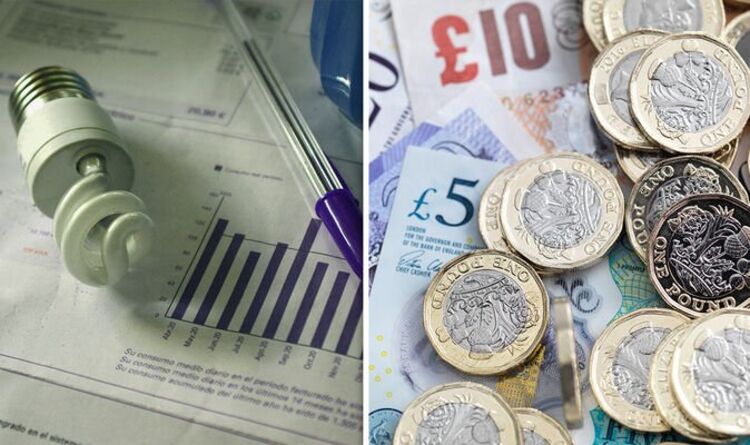
Taking action to reduce energy bills needn’t break the bank either, as one of the most cost-effective energy saving home improvements starts at just £3. Ahead of the price cap rise, Norton Finance has ranked six money saving tips. Taking the new higher fuel prices into account, the research shows how mid-terrace households could save nearly £5,500 on fuel bills within five years.
1. Draught-proofing
This is one of the “cheapest and most effective ways” to save energy and money.
DIY (Do it yourself) draught-proofing starts at just over £3 for a roll of self-adhesive draught-excluding tape.
People can block up unwanted gaps around windows, doors and chimneys that let cold air in and warm air out.
Doing this could save around £370 on fuel after five years.
What people will spend: £3
What they will save: £372
READ MORE: ‘Great way’ to reduce income tax explained – are you able to save £15,084 in tax?
2. Roof insulation
Just like going out in cold weather without a hat, heat can be lost if if a roof isn’t insulated – and this could be as much as a quarter of heat in one’s home.
The loft of a mid-terrace house costs around £285 to insulate with 270mm insulation, saving over £1,100 on bills after five years.
People will also reduce their carbon footprint by about 530kg every year.
What people will spend: £285
What they will save: £1,155
DON’T MISS
Norton Finance recommended that Britons invest in energy-efficient double-glazed windows to make savings of nearly £1,500 in heating bills over five years. Installation costs average out at around £4,500 for A-rated PVC windows in the average semi, compared to around £15,000 for A-rated hardwood windows. Double glazed windows can reduce the CO2 emissions of a typical household by three quarters of a tonne every year.
What people will spend: £4,500
What they will save: £1,471
6. Install solar panels
These days, an average solar set-up will cost £4,800 all-in. But if someone tends to be at home all day, it’s estimated that a 3.5kW panel will save them £571 a year – that’s nearly £3,000 in five years. Not only that, but a typical solar panel also saves over 10.8 tonnes of CO2 per year. Most homes have upwards of 12 panels; that’s 10.8 tonnes of carbon saved every year, not to mention money paid back thanks to the smart export guarantee.
What people will spend: £4,800
What they will save: £2,856
If people do these things, they can save nearly £5,500 on their fuel bills within five years at today’s costs. If Britons can swap to solar panels, they are looking at over £6,800 saved.




